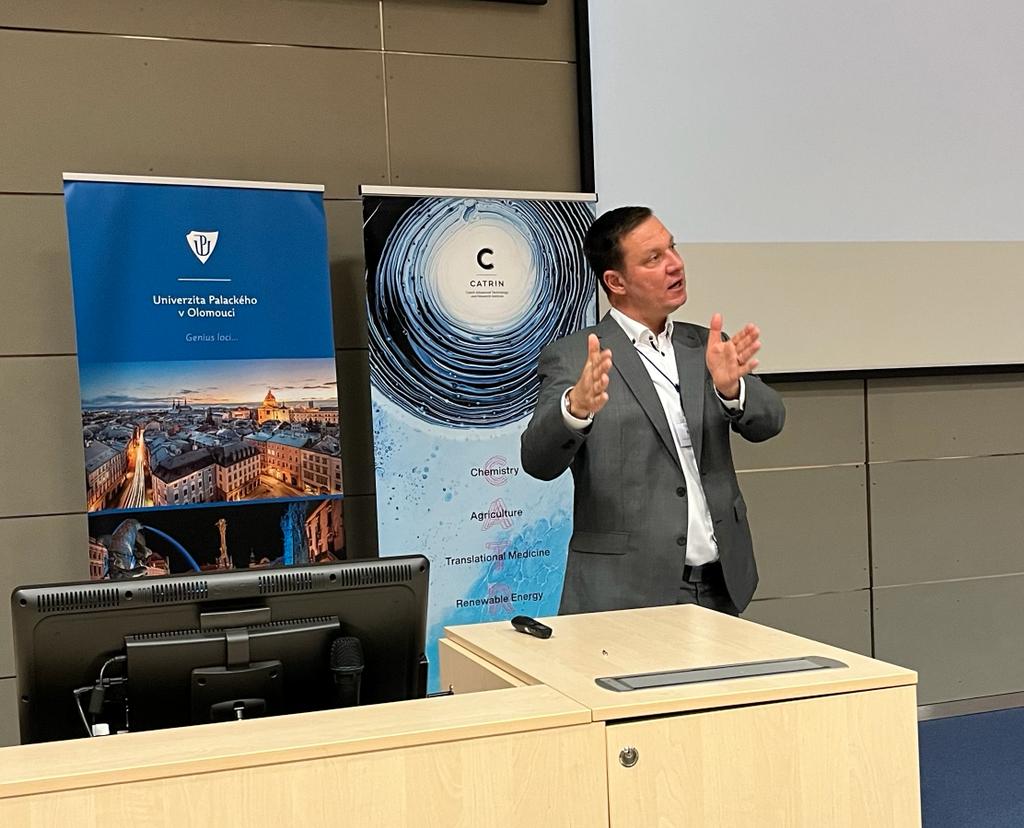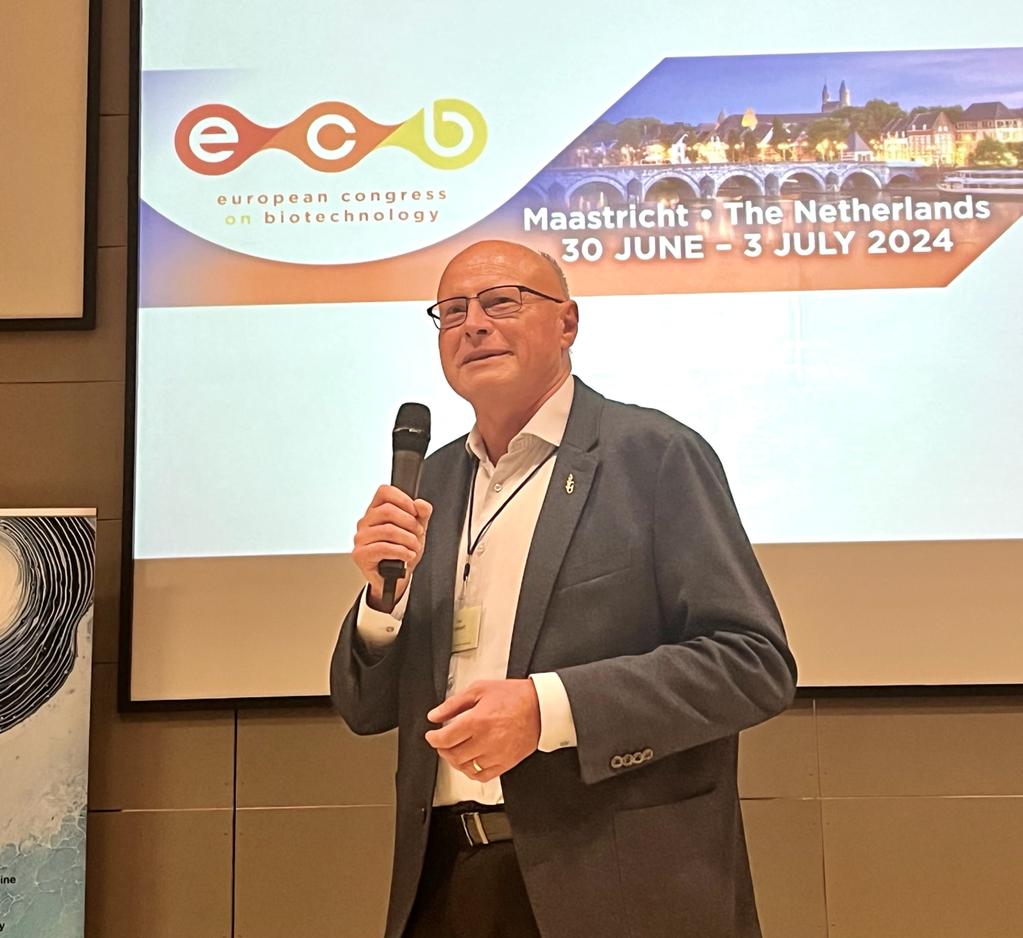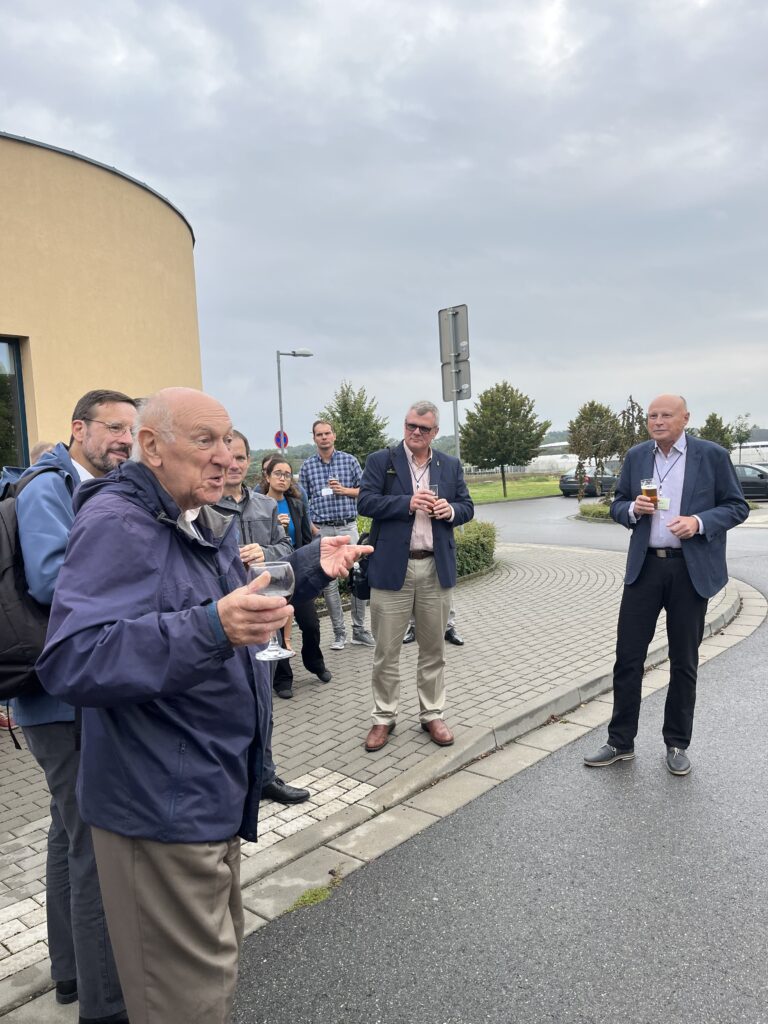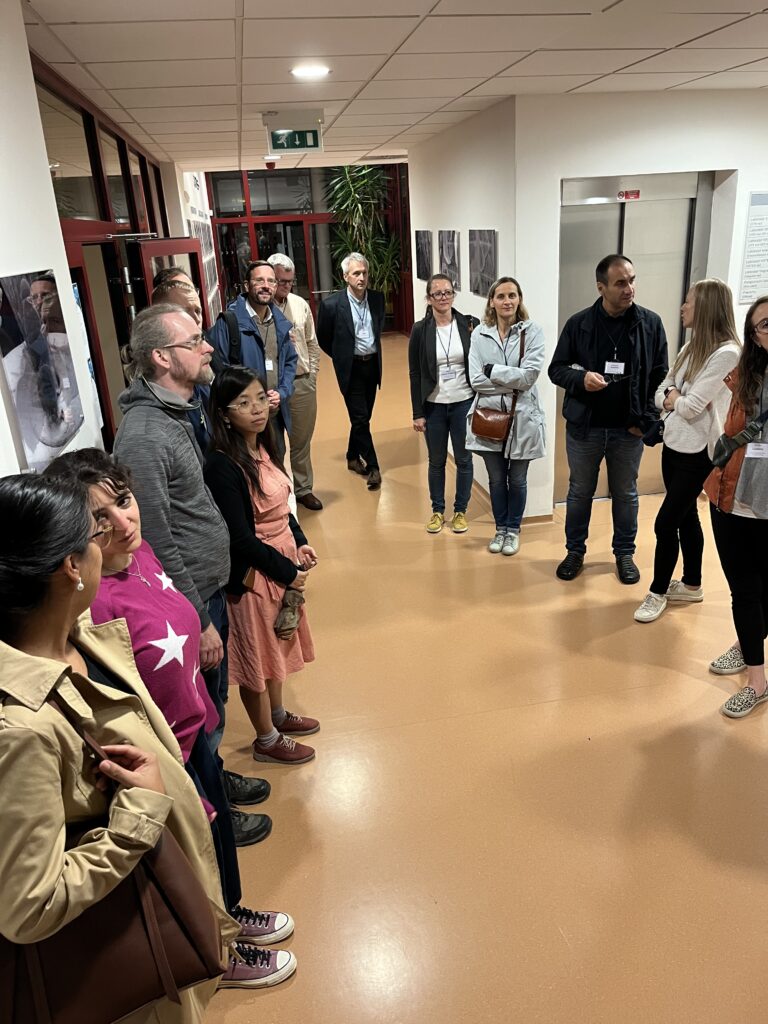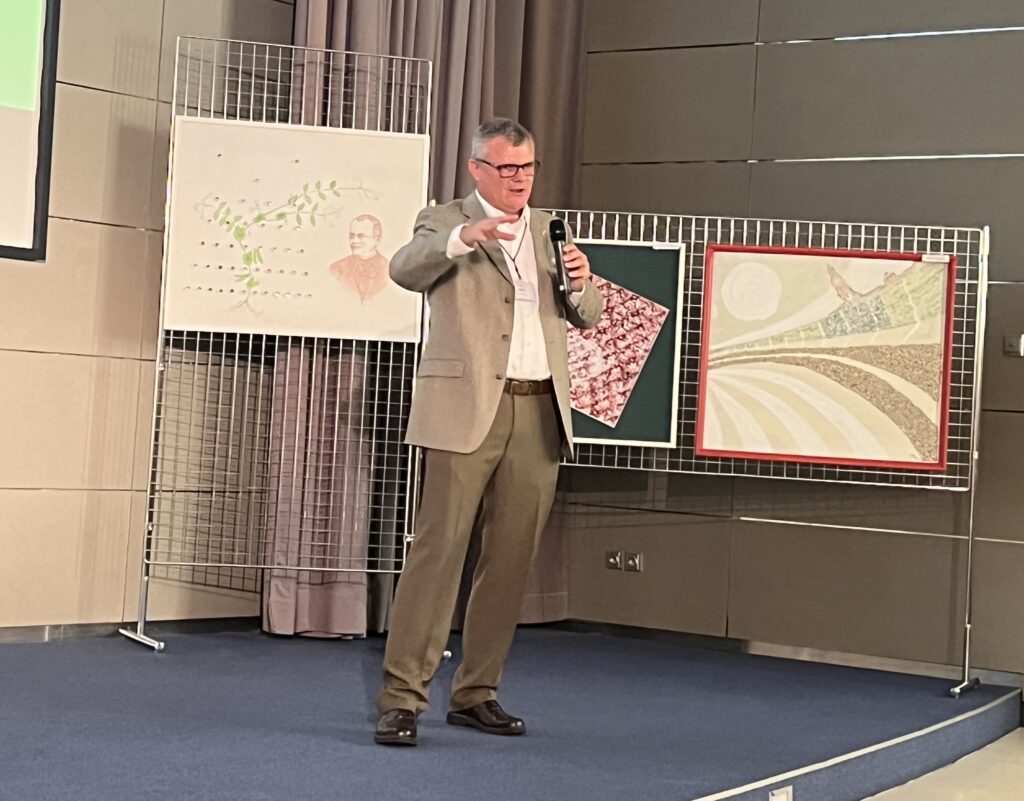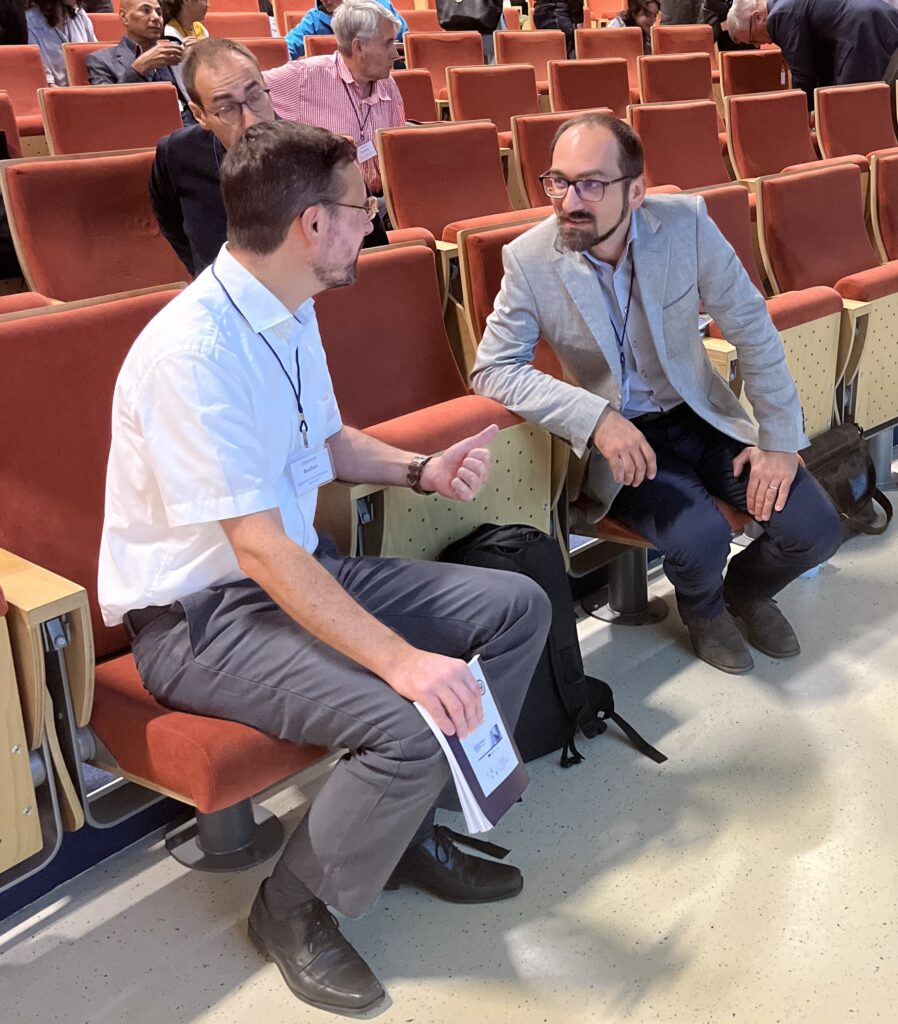The G4G conference created a place for intense interactions between scientists
There is no time to sit back and wait for things to change, we need to implement changes urgently using the principles of the bioeconomy and circular economy. This is one of the conclusions of the international conference Green for Good VI, which was organised in Olomouc by CATRIN in cooperation with the European Biotechnology Federation (EFB) under the auspices of the Minister for Science, Research and Innovation Helena Langšádlová. Scientists exchanged experiences and new knowledge in the field of plant genetics, genomics, cell biology, but also material chemistry, and bioeconomy. At the same time, they agreed that it is crucial to present research results and new technologies to the public.
Experts from the Czech Republic, Germany, Great Britain, the USA, Finland and other countries focused on sustainable agriculture, circular economy, the fight against climate change or generating and storing energy in biological systems. Respected scientists including Alan Schulman from the University of Helsinki, who is currently President of the European Plant Science Organisation (EPSO), Martin Greimel – Head of the Centre for Bioeconomy at the University of Natural Resources and Life Sciences Vienna (BOKU), Thomas Brück from the Technical University of Munich and many others came to speak at the event.
“The programme was very close to what I do, which is bioeconomy. I was interested in what is happening here in Olomouc, I was impressed by the scientific infrastructure at CATRIN, the guided tour was very inspiring. I have always believed that European cooperation in research and science policy is extremely important, we need to be in touch and build links with each other. I really enjoyed it and I thank the organisers for their great work,” said Brück shortly after the closing plenary lecture. As he stressed in his speech, scientists need to be heavily involved in addressing global threats. “My main goal was to point out that we do not have time to wait for change. We need to implement bioeconomy based on the use of sustainable materials and the principles of the circular economy. We need to do this now, otherwise we are heading into a very uncertain future. We can only do this through interdisciplinary cooperation, which is what this conference is providing,” he added.
Gary Vallad from the University of Florida, who focuses on the diagnosis and treatment of diseases common in both vegetables and ornamental plants, with an emphasis on the development and implementation of bio-based disease management strategies, and who visited Olomouc as well as the Czech Republic for the first time. “I’m thankful for the invitation. I was able to see what technologies, especially biotechnologies, are emerging in the European Union and to present the results we have achieved in the US in the field of agricultural crops. It’s great to see how diverse the research in this area is,” said Vallad, whose participation in the conference was supported by the US Embassy in the Czech Republic.
“We are proud to sponsor a part of this conference. It’s a wonderful place for scientists to come together, discuss various issues and innovations, and look for solutions to global problems, whether it’s the impacts of climate change or sustainable agriculture and environmental issues,” said Kirsten Luxbacher, agricultural attaché at the U.S. Embassy in Berlin.
“The Olomouc region is not only about smelly cheese (“tvarůžky”), but also about excellent research, for example in the field of biotechnology. The role of our innovation centre is to connect the diverse worlds of public research and academia with the world of innovative business,” said Tomáš Dostál, the regional RIS3 manager, justifying ICOK’s support.
The conference took place from 12 to 15 September. In addition to lectures, it included panel discussions, poster sessions and excursions to CATRIN laboratories. The conference was also held with the support of the project Development of pre-application research in the field of nano- and biotechnology, reg. no.: CZ.02.1.01/0.0/0.0/17_048/0007323 under the Operational Programme Research, Development and Education (OP RDE).
